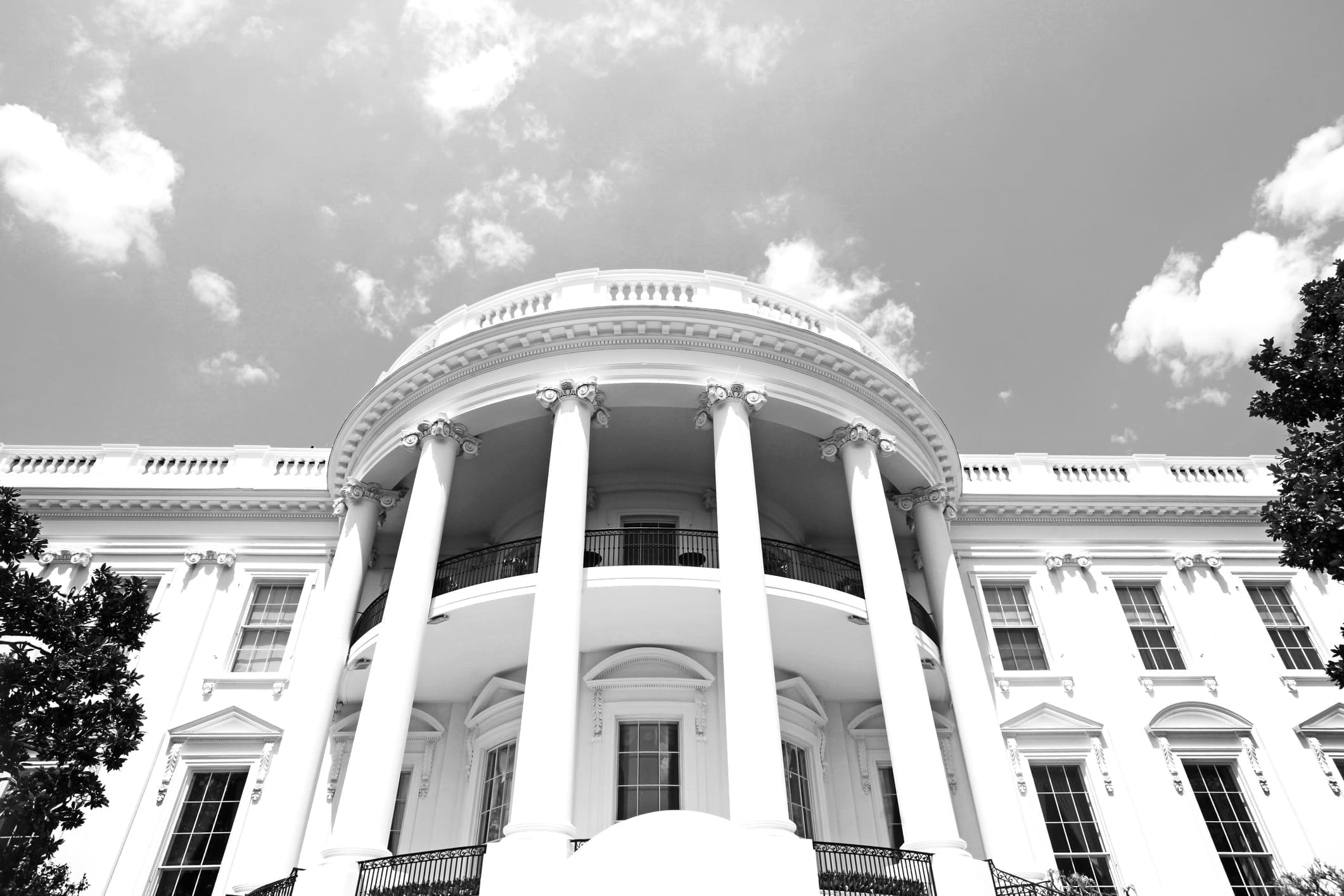
President Trump announced October 26 that he is directing Eric Hargan, the acting secretary of Health and Human Services, to declare the opioid crisis a nationwide public health emergency and instructed other heads of federal agencies to prioritize the epidemic.
NACDS aligned the announcement of its new public policy solutions to the opioid crisis in anticipation of Trump’s speech yesterday. In his speech, the president referenced the staggering statistics tied to the opioid crisis, noting that 64,000 lives were lost last year in overdose deaths. He said, “It is time to liberate our communities from this scourge of drug addiction.”
Trump outlined some of his priorities and said his plan would include a new policy to bypass a rule that bars Medicaid funding from being used for many drug rehabilitation facilities. He will also require federally employed prescribers to be trained in best practices for safe opioid prescribing. Trump called on all Americans to help fight the opioid epidemic and encouraged them to participate in the upcoming Drug Enforcement Administration’s 14th National Prescription Drug Take Back Day on Saturday, October 28. Trump noted that he would require a federal initiative to develop nonaddictive pain killers and wants to launch a campaign persuading Americans not to start using opioids at the outset.
The declaration of a public health emergency alone does not provide additional funds to combat the problem, but allows existing grants to be redirected to better address the crisis. The last time that a national public health emergency of this scale was declared was in 2009 in response to the H1N1 influenza virus.
President Trump said that his Commission on Combating Drug Addiction and the Opioid Crisis will release their final report on the opioid epidemic next week, and he said he plans to follow their recommendations.
NACDS continues to be engaged with the administration and federal agencies in proactively confronting this serious national health emergency.